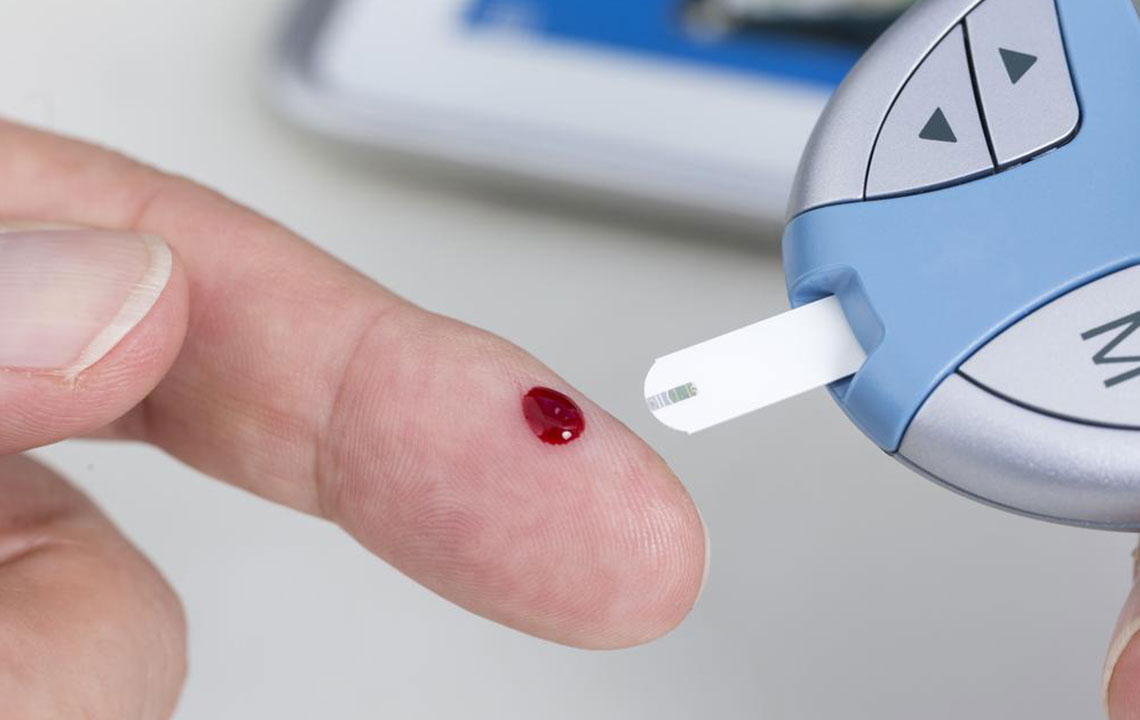Effective Strategies to Lower A1C Levels and Manage Diabetes for Better Health
Discover proven methods to effectively lower your A1C levels and manage diabetes through lifestyle changes, dietary adjustments, and natural supplements. Learn how regular monitoring, weight management, physical activity, and medical collaboration can significantly reduce health risks associated with high blood sugar. This comprehensive guide emphasizes holistic strategies to improve long-term health and prevent complications, empowering individuals to take control of their diabetes management with confidence.

Comprehensive Approaches to Reduce Your A1C and Control Diabetes
Diabetes is a chronic health condition that affects millions worldwide. If left unmanaged, it can lead to severe complications such as cardiovascular disease, nerve damage, kidney failure, and vision loss. Often, early stages of diabetes exhibit no noticeable symptoms, making regular blood glucose monitoring critical. For individuals with a family history of diabetes or other risk factors, proactive screening through blood tests can help detect the condition early and prevent long-term health issues. One of the most important tests for monitoring diabetes control is the A1C test, which provides insights into your average blood sugar levels over the past two to three months. Effective management of A1C levels through lifestyle modifications plays a vital role in reducing the risk of complications and improving overall health.
The A1C test, also known as glycated hemoglobin test, measures the percentage of hemoglobin proteins in your blood that have glucose attached to them. Since hemoglobin remains in red blood cells for about three months, this test offers a comprehensive overview of your blood sugar control over time. Elevated A1C readings indicate poor blood glucose management and signify a higher risk for diabetes-related health issues. Maintaining optimal A1C levels, typically below 6.5%, is crucial for those diagnosed with diabetes or at risk of developing it. The good news is that you can significantly influence these levels through targeted lifestyle strategies, combined with medical guidance, to safeguard your health and prevent future problems.
Understanding how to effectively lower your A1C levels involves adopting a holistic approach that includes dietary modifications, physical activity, weight management, and medical supervision. An elevated A1C value, typically above 6.5%, indicates a need for lifestyle adjustments and perhaps medication optimization. By making informed choices, you can control your blood sugars more consistently and reduce the risk of developing serious complications like cardiovascular disease, nerve damage, and kidney problems.
Regular monitoring and adherence to treatment plans are essential. Lifestyle changes that support lower A1C levels include engaging in physical activity, controlling carbohydrate intake, maintaining a nutritious and balanced diet, and managing your weight effectively. Incorporating natural supplements such as aloe vera, which research suggests may help lower blood sugar levels safely, can be a complementary strategy. Collaborating with healthcare professionals to tailor a diabetes management plan suited to your specific needs is equally important.
Engage in at least 150 minutes of moderate-intensity exercise weekly—such as brisk walking, cycling, swimming, or sports—to enhance insulin sensitivity and lower blood sugar.
Follow a balanced diet rich in vegetables, fruits, whole grains, lean proteins, and healthy fats. Portion control of carbohydrate intake is crucial—aim for 45-60 grams per main meal and 15-30 grams per snack to prevent spikes in blood sugar levels.
Focus on gradual weight loss of around 5-10% of your body weight to improve blood glucose control and reduce A1C levels, especially if overweight or obese.
Work closely with your healthcare team to develop a personalized management plan that may include medications, regular blood test monitoring, and setting specific glucose targets to stay on track.
Quitting smoking is essential, as it increases cardiovascular risks and adversely affects blood sugar control. Seek support if needed to break this harmful habit.
Explore natural supplements like aloe vera, which studies suggest can help lower A1C levels naturally and without significant side effects. Always consult your healthcare provider before adding supplements to your routine.





